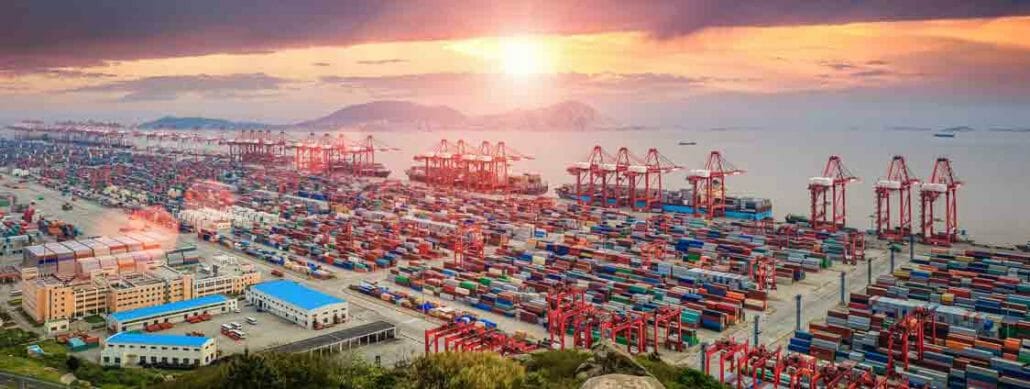
According to Financial Times, between 2012 to 2050 China’s population will increase by 348 million people.
This promises for mass market expansion, and opportunity for foreign companies to test their global market potential. For companies to invest in global market expansion, they must build effective distribution chains.
In line with China’s initiative to increase consumer spending as opposed to investing, Chinese government and private businesses invested in creating seamless distribution channels and logistics operations.
How Does Distribution Work in China?
The line of distribution in China is similar to domestic distribution: manufacturers supply to agents, who sell to wholesalers or directly to the retail market. Some companies opt to use a warehouse marketplace, typically more successful for e-commerce and B2B business models.
China’s distribution channels are highly disintegrated; many localized distributors can compete with corporate players. Because competition is so high, many businesses choose to cut out the middlemen, and move straight from a Chinese based manufacturing location to the retail. This can work to the advantage of the domestic manufacturer; competition means highly competitive pricing, and more favorable negotiations to keep your business.
A foreign company must be careful to avoid distributors who move product across their regions. They do this to maximize price differentiation among different tiered cities. Because the retail operators are growing at exponential rates, the small scale distributors have lost significant power to negotiate against them in favor of their clients. You want to ensure you have strong, stable relationships with all key players of the supply stage to see your products succeed on the market.
Personal relationships are essential to doing business effectively in China. By establishing trust, you are more likely to find better distribution partners. Face to face contact is essential for establishing positive business relations, but for most businesses, navigating Chinese business etiquette can be challenging. Baysource Global handles distribution partnerships for their clients, making the connection easier for both parties. Talk to a Chinese business consultant who understands the legal requirements for distribution. Most products are open to sell in China, but some industries are have special limitations.
One of the hazards of sourcing distribution outside the company is the risk of losing intellectual property and trademark protection. China does not offer protection for an international trademark if it has been issued inside the country. Product registration rules differ in China as well; you will need to research your industry’s regulations. Legal agreements need to include a “no registration” clause, that explicitly states you have full ownership of all branded collateral as a client.
Some distributors are SOEs, or State-Owned Enterprises. They will operate more like government entities. These distributors are usually established with an exclusive agreement. However private companies have no special protection under Chinese law; unlike in Western countries where terminating distributor agreements can be costly and time intensive.
Compliance is another issue foreign companies face, when they don’t understand the terms of their agreement, and the ways in which distributors can maneuver out of agreements for better deals or cheaper products to sell.
As a Baysource client, you will have access to distributors of the highest professional reputation. We provide you with the infrastructure and internal operations management to take your direction and propel forward. If you haven’t started your global expansion plan with Baysource Global, contact us and learn how we will move your business forward.

Follow Us